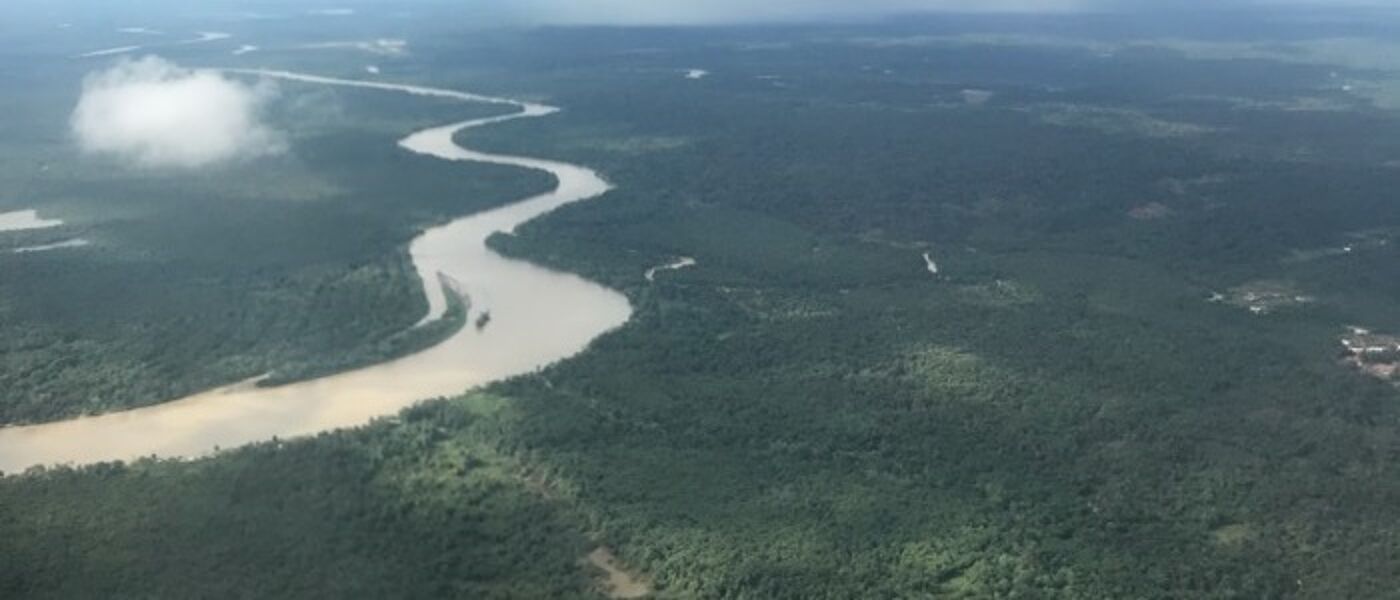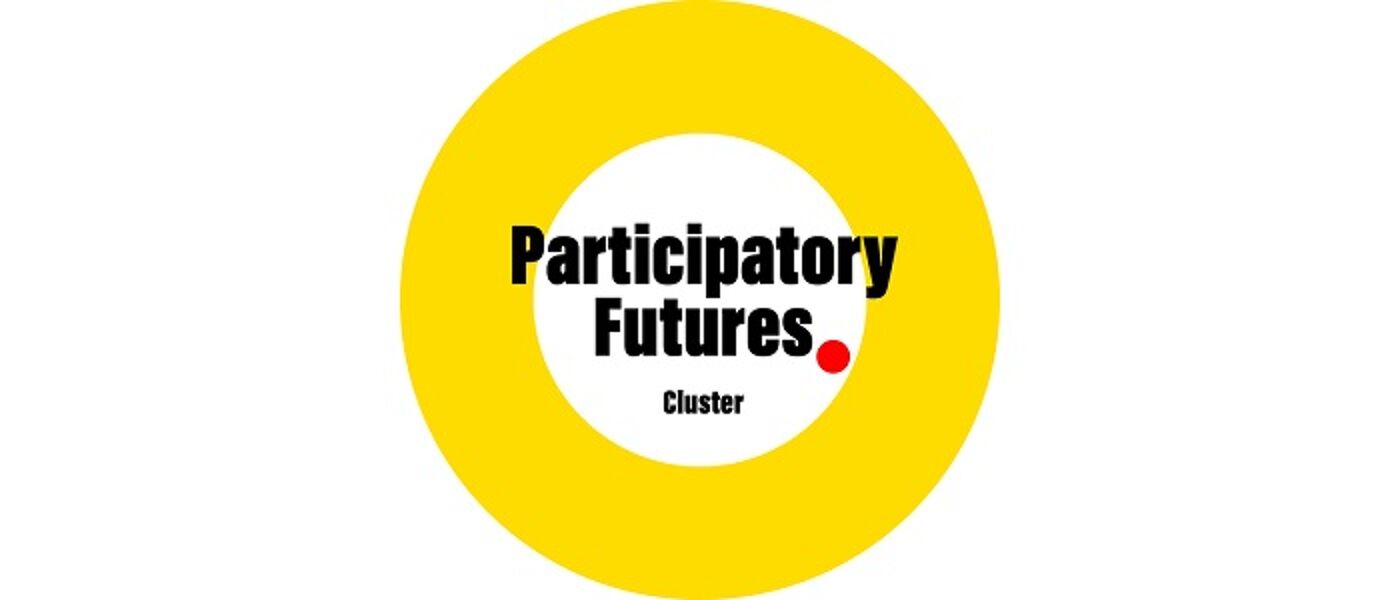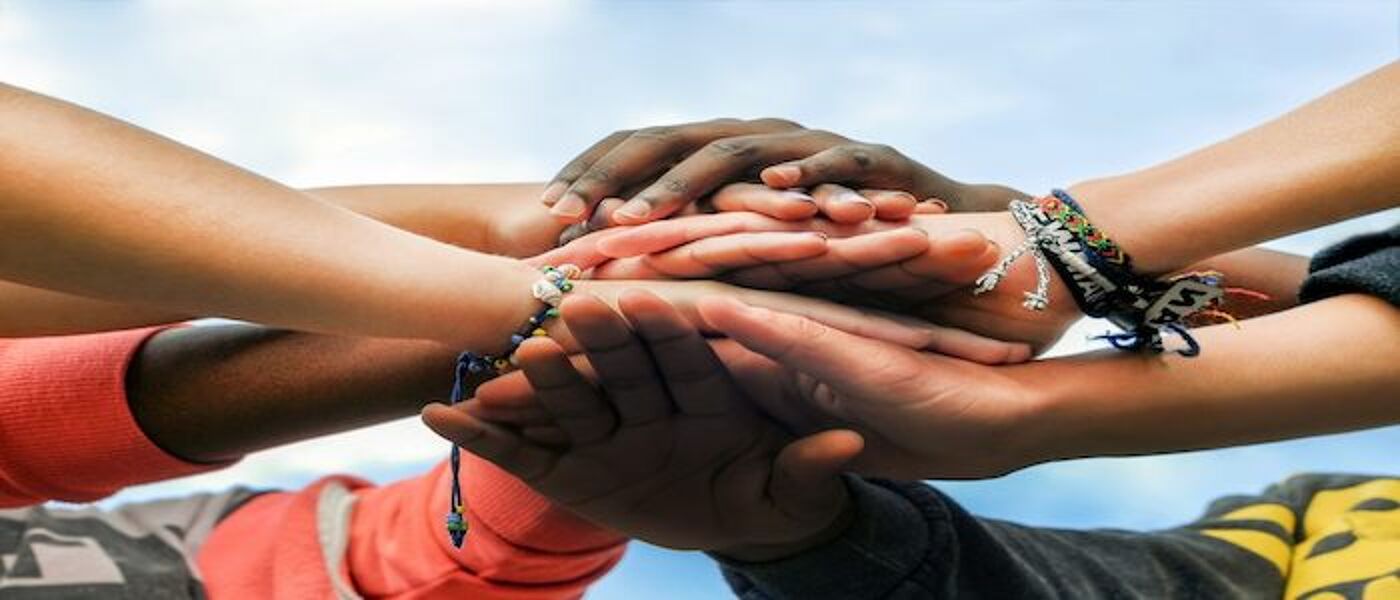
Colombia River Stories
Project Title: Colombia River Stories: improving socio-environmental understandings for building sustainable peace
Geographical focus: Colombia's Atrato River
The project will provide data on the effects of mining and conflict in Colombia’s River Atrato. Researchers and communities will also develop stories articulating Atrato’s history, culture and pathways to sustainability. This region is considered a biodiversity hotspot and most livelihoods depend on the river. Illegal mining and armed conflict are threatening ecosystems and the lives of indigenous peoples and afro-Colombian communities.
Project Lead: Prof Mo Hume
Project Website: Colombia River Stories

Endless Conflicts
Project Title: The Law of Protracted Conflict: Overcoming the Humanitarian-Development Divide (Endless Conflicts)
Geographical focus: TBC
The project investigates the extent to which international law enables more integrated, sustainable and accountable humanitarian and development assistance in fragile contexts. The traditional conceptualization of humanitarian assistance as short term relief and development assistance as long term socio-economic programmes for the post conflict phase has failed to address the needs of communities in situations of protracted conflict. The research will contribute to the current understandings of challenges involved in shifting towards greater development and humanitarian policy integration. Insights will also help actors to plan and implement interventions that bridge the humanitarian -development divide.
Project Lead: Ms Giedre Jokubauskaite
Project Website: Endless Conflicts

CUSP Network
Project Title: Culture for Sustainable and Inclusive Peace (CUSP)
Geographical focus: Ghana, Mexico, Occupied Palestinian Territories, Morocco, and Zimbabwe
The project aims to strengthen arts and cultural institutions in countries experiencing situations of protracted conflict to identify and share strategies for conflict transformation. It focuses on the needs and experiences of young people especially women and girls. Findings will inform art and cultural policies to promote peace in fragile contexts. Geographical focus: Ghana, Mexico, Occupied Palestinian Territories, Morocco, Zimbabwe.
Project Lead: Prof Alison Phipps
Project website: CUSP Network

Educational Peace Building
Project Title: Educational Peace Building in Medellin and Acapulco
Geographical focus: Medellin, Colombia and Acapulco, Mexico
The research will investigate the policies and practices adopted in Medellin to reduce drug related crime and violence. It will use lessons learnt to inform responses to the crisis of violence in Acapulco. The project will use participatory methods involving policy makers, civil society and young people to create a tailored peacebuilding model.
Project Lead: Prof Evelyn Arizpe
Project Website: Educational Peace Building in Medellin and Acapulco

Participatory Futures
Project Title: Participatory Futures in Africa
Geographical focus: Botswana, Malawi, Nigeria, Uganda, Ethiopia, Tanzania and Scotland
The goal is to evaluate the way partnerships have been conceptualised and practiced across different research contexts. The project will generate new insights and perspectives contributing to more effective and equitable partnerships
Project Lead: Dr Mia Perry
Project website: Participatory Futures

The Arts of Inclusion
Project Title: The Arts of Inclusion: Examining the role of performing arts for peace education in conflict
Geographical focus: Colombia, Mexico, Brazil
The focus of the project is to establish a network of academics and activists to share and build expertise to critically assess the role of performing arts practices for peace education and inclusion in conflict settings across a range of Latin American countries. The network is a partnership between academics with interdisciplinary expertise based in Colombia, Mexico, Brazil and the UK.
Project lead: Oscar Odena
Website: TAI International
Local, place-based and community-driven
Project Title: Local, place-based and community-driven approaches to peacebuilding
Geographical focus: global
Post-conflict and transitional societies statistically relapse into violence and conflict within ten years (UNESCO, 2014) due to the fragility conflicts create. Since the 1990s, international peacebuilding organisations have grown rapidly in order to meet the needs of the many societies that are recovering from or ridden by violent conflicts. During this period, peacebuilding has been transformed from a locally defined and -owned participatory grassroots project into a top-down and one-size-fits-all superficial intervention led by international actors. The objective of the project is to draw on diverse conflict and post-conflict contexts to develop a local, place-based, community-driven model of peacebuilding through education and learning that can be adapted to different contexts.
Project lead: Yulia Nesterova

Youth, Peace and Security
Project title: The Role of Youth in Peace Processes
Geographical focus: Afghanistan, Kenya, Liberia, the Philippines, Rwanda, Somalia, South Sudan, and Turkey,
The project carried out consultations with youth led organizations as well as representatives from the United Nations, the UK’s Commonwealth and Development Office and peacebuilding NGOs to explore the enablers and barriers to youth leadership in peace processes.
Project Lead: Dr Asli Ozcelik Olcay
Project Website: Youth, Peace and Security

Meaningful youth engagement for peace and security
Project title: Meaningful youth engagement for peace and security: Strengthening capacities of international partners for youth inclusive peace processes
The aim of the project is to develop a capacity development resource for international peacebuilding actors to promote meaningful engagement and partnerships with young people
Geographical focus: Global
Project Lead: Dr Asli Ozcelik Olcay
Project Website: Youth, Peace and Security

